Maybe you do it out of force of habit. Maybe you do it before getting ready to do a hand-intensive hobby like playing the piano or typing. Or maybe you do it by accident and wince at the noise.
But more than likely, you have, at some point, cracked your knuckles. And you know what? It probably felt good. Your fingers probably felt a bit looser and more flexible.
But still. That noise. That popping, cracking noise — that can't be good for your body, right?
You've probably also heard at least one person warn you that by cracking your knuckles (or your toes, or your elbows, or whatever it is you like to crack) is a surefire way to give yourself arthritis later in life.
And it would make sense, right? Moving your joints around and making that terrible noise must be wearing on the cartilage in your joints… Right?
Well, maybe not. It turns out like many health myths, this one has turned into a "fact" over time even though, like the myth about cold air causing sickness, it's not actually true when you look at the facts.
But here's the real truth about knuckle-cracking, what makes that noise in the first place, and what it's really doing to your bones…
Cracking Your Knuckles Is Believed To Be Harmful — But Is It?
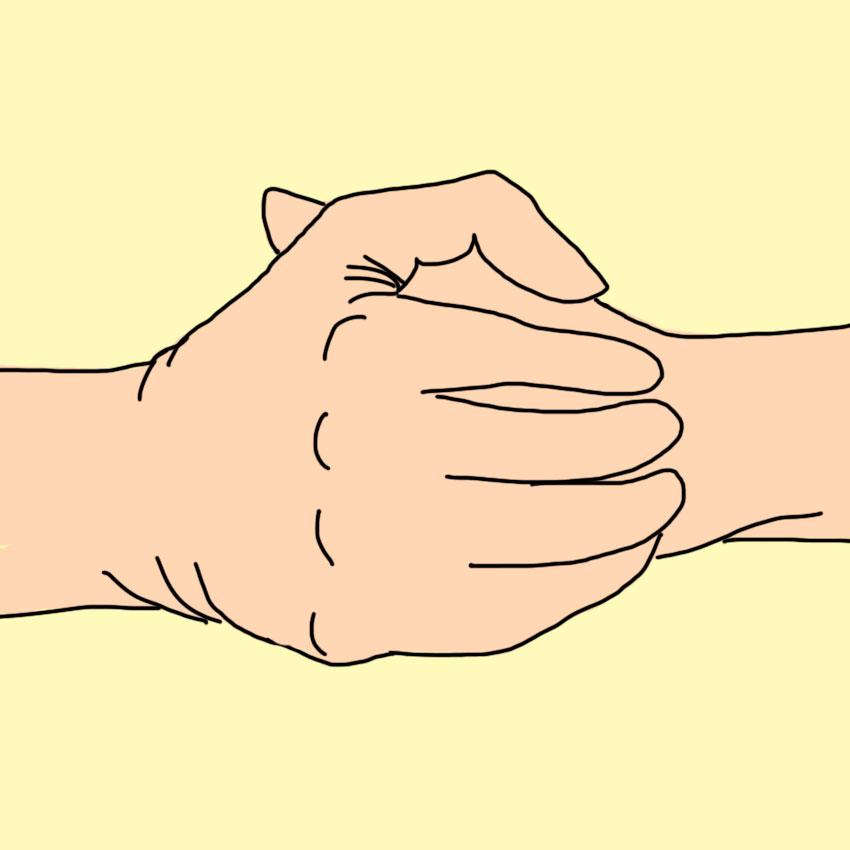
If you crack your knuckles, you've probably been told that doing so will cause damage to your hands.
But what's really going on when you crack your knuckles, and can it be dangerous to your joints?
Are My Bones Actually Cracking?
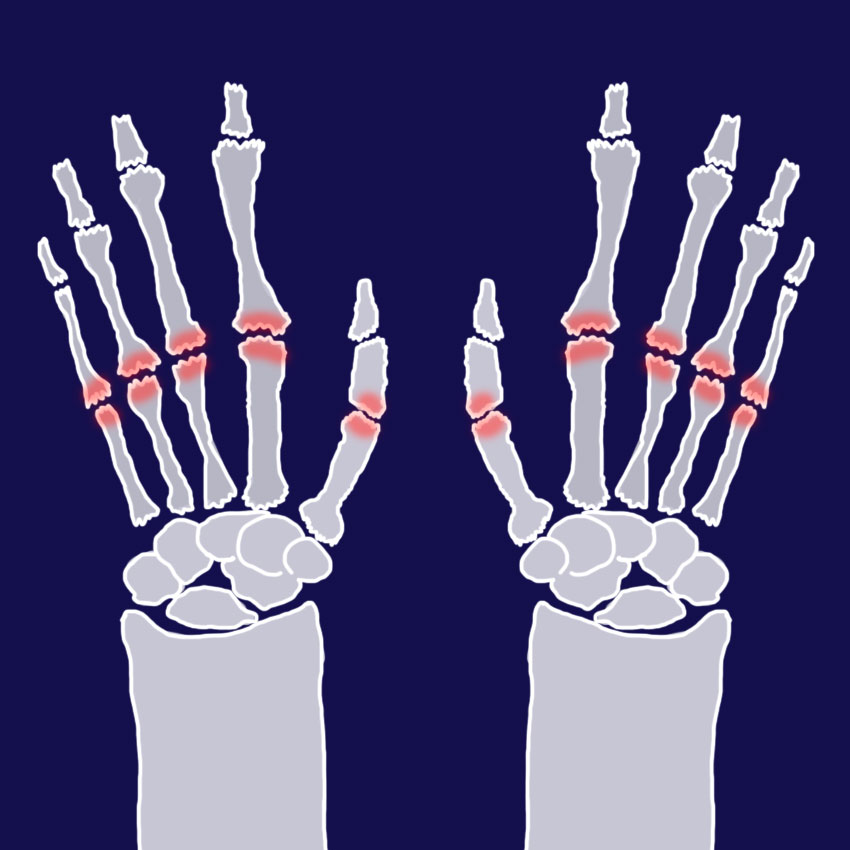
Many people think that because of the noise, cracking your knuckles is actually, well, cracking them.
But here's the good news: That cracking noise is not your bones.
In fact, your bones actually have nothing to do with the noise that comes with cracking your knuckles.
What Is That Popping Sound?
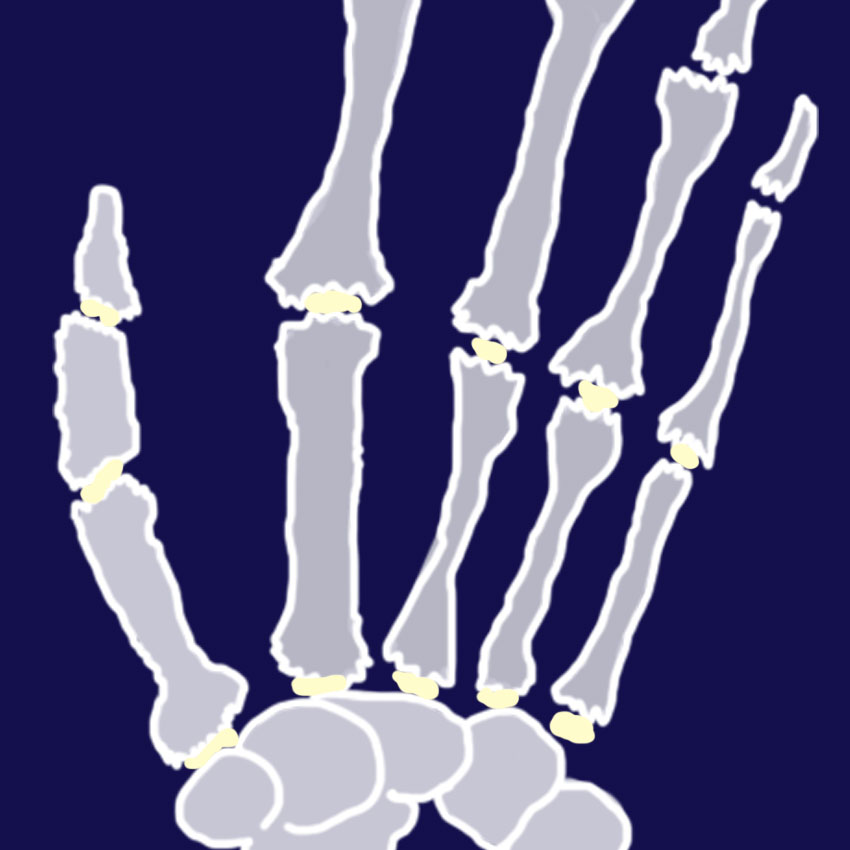
Between each of your joints, there's something called synovial fluid, a fluid with the consistency of egg whites.
This fluid acts as a lubricant between your bones to ease motion — and it plays a key role in that popping noise you hear when you crack your knuckles.
Even though it sounds like a very solid noise, it's actually coming from a liquid!
Does Popping That Liquid Cause Damage?

It used be thought that the cracking sound was popping gas bubbles, released by the synovial fluid.
But just last year, the first X-ray video of a knuckle cracking proved that the popping sound is actually a sudden vacuum being formed within the synovial fluid.
That is, the noise comes from your bones being moved apart and making a sudden cavity, not rubbing together!
Can It Cause Arthritis?
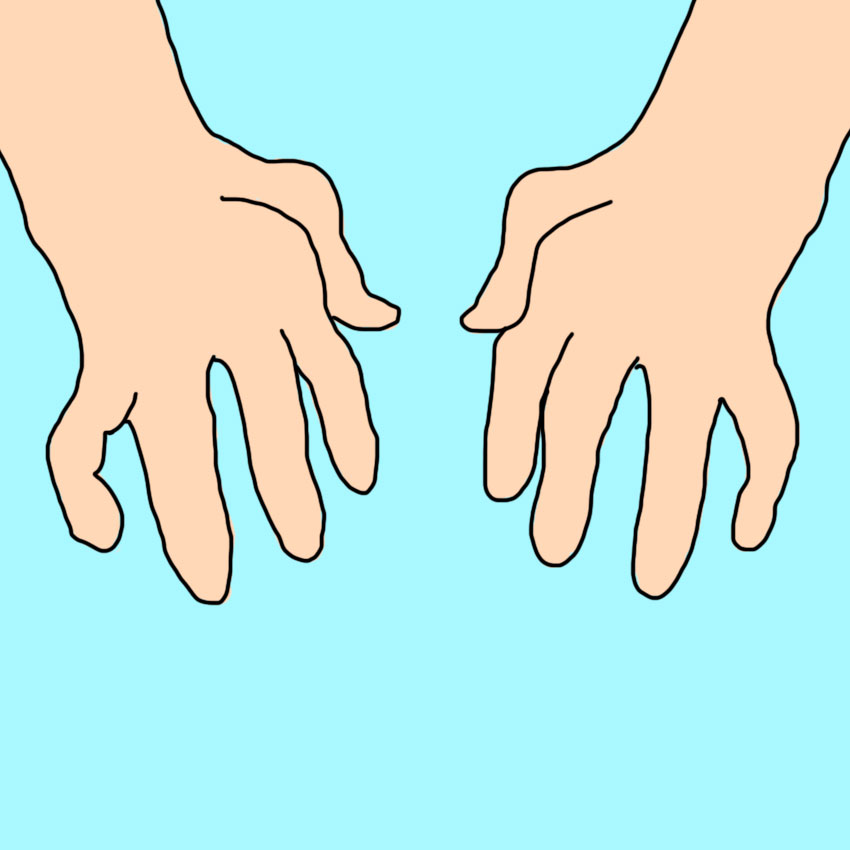
People think that by bending and popping the joints in the fingers, they'll wear down the cartilage, weaken the joints, and have all kinds of problems later in life.
While there are factors that can lead to arthritis — like injuries and hard labor — cracking your knuckles isn't one of them.
What Do The Studies Say?
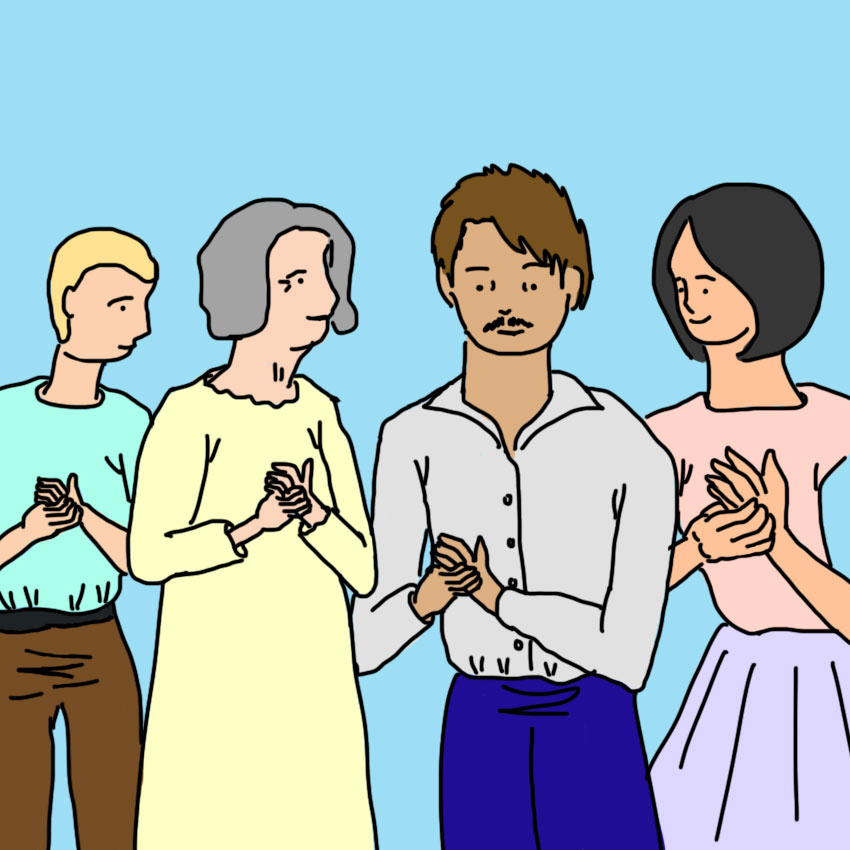
In 2011, the Journal of the American Board of Family Medicine had 215 adults ages 50 to 89 all crack their knuckles for science — for five whole years.
The study showed that there was no link between cracking your knuckles and developing arthritis.
It was later determined that osteoarthritis was more a result of repetitive motion and labor rather than cracking the knuckles.
What About Longterm Knuckle-Crackers?
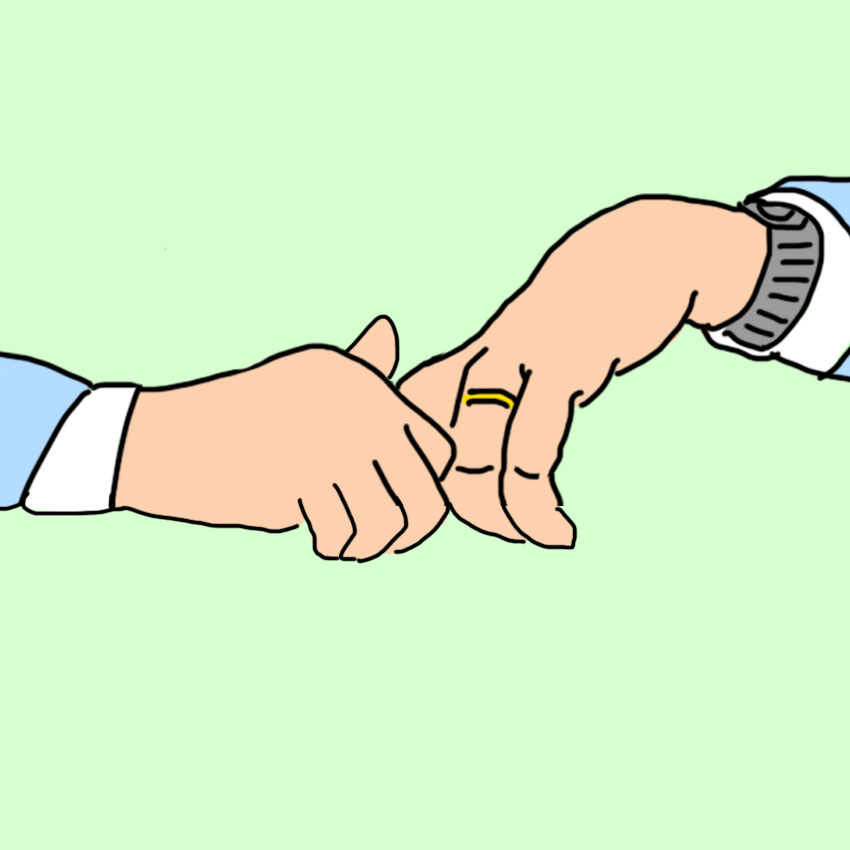
A doctor named Dr. Donald Unger conducted his own experiment to see if arthritis could be caused by cracking one's knuckles.
This devoted doctor cracked the knuckles on his left hand for 60 years — but never on his right.
Dr. Unger found that his left and right hands continued to function the same in terms of strength and flexibility, with or without cracked knuckles.
While there was no control group, this personal study is still strong evidence that cracking knuckles and hand function don't really have anything to do with one another.
Are There Any Consequences Of Knuckle-Cracking?
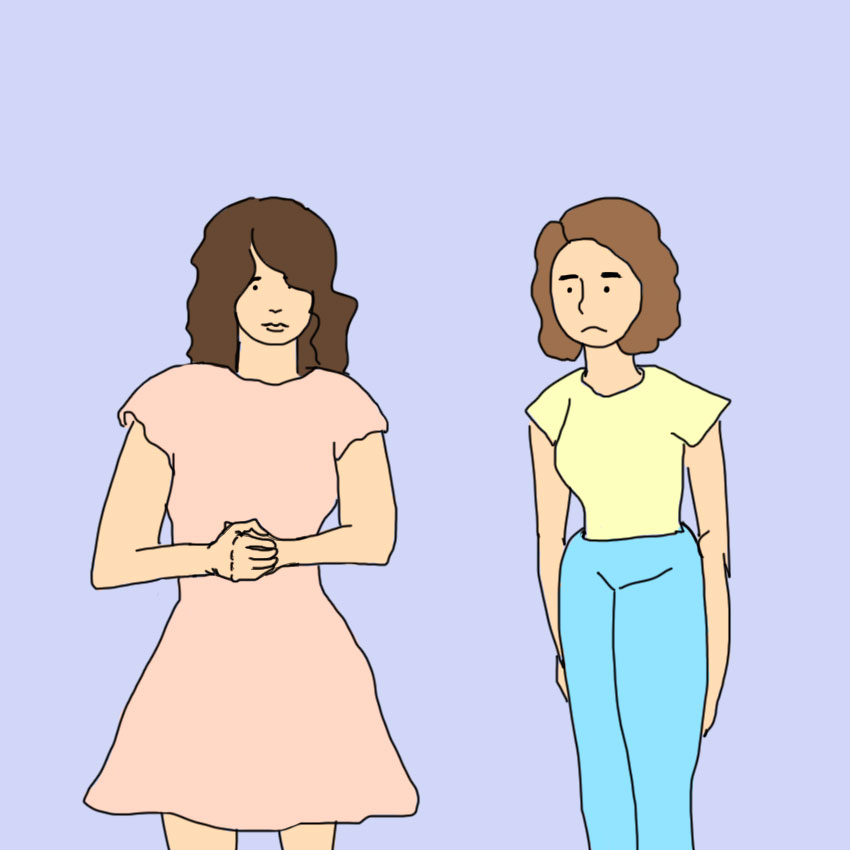
While cracking your knuckles might not give you arthritis in your hands, it's not without consequences.
Studies have shown that cracking your knuckles a lot can result in decreased grip strength. Also knuckle cracking very vigorously can also put your fingers at risk for hyperextended ligaments.
So if you crack, crack with caution — and don't do it too often.
And also, that noise can be grating to others, so from a social perspective, restrain yourself!
What About Cracking Other Joints?
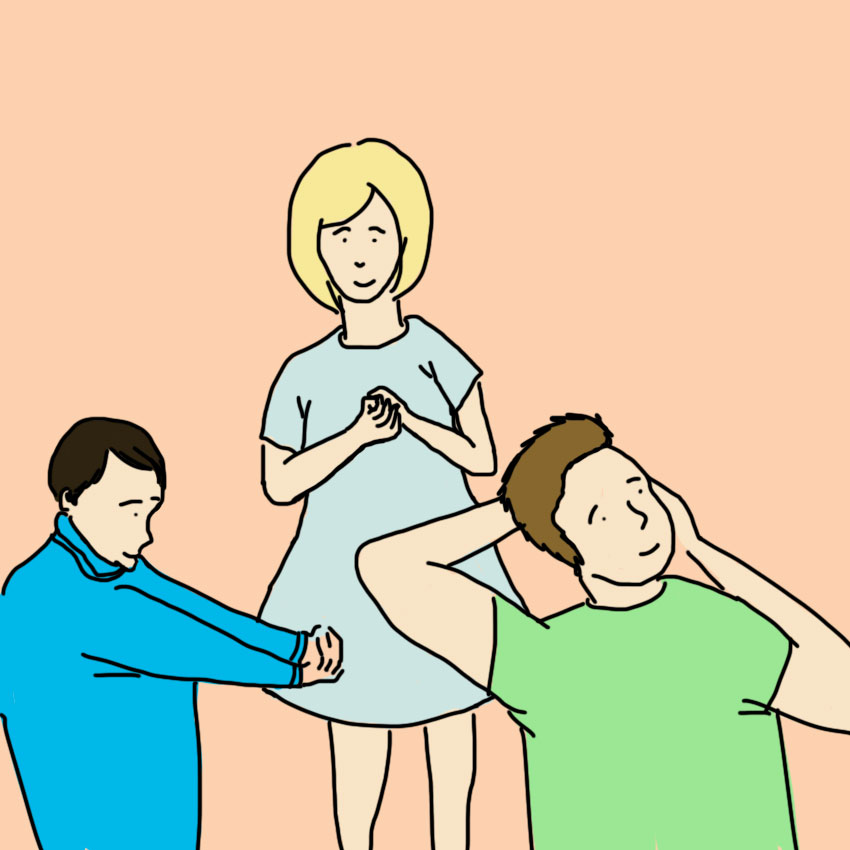
While many studies have shown that cracking your knuckles does not have high-risk side effects, the jury is still out about cracking other joints.
According to most chiropractic professionals, cracking one's neck and back can lead to longterm damage if done improperly — especially if you have preexisting damage you might not know about.
So if you have recurring aches and pains, it's in your best interest to get an exam from a medical expert and leave the cracking to them!
Now that you know knuckle-cracking won't lead to arthritis, you might find yourself popping your fingers a little more — that is, if you can get past the noise!
And for you knuckle-cracking-addicts, SHARE these facts with everyone who warned you about arthritis!




